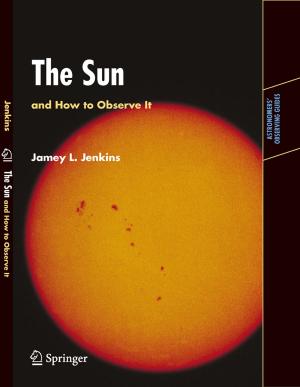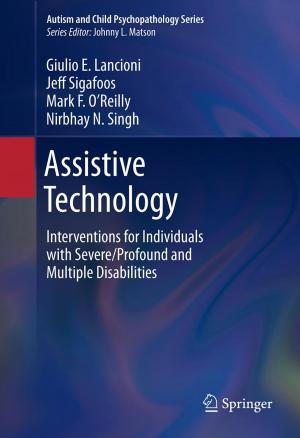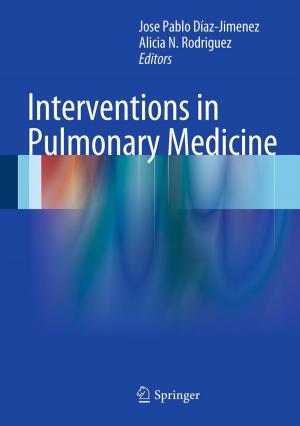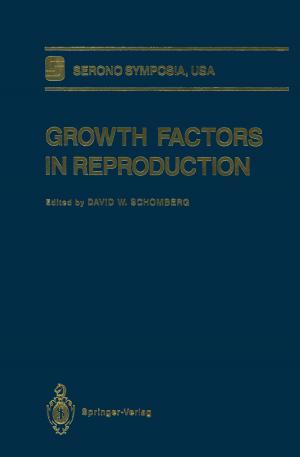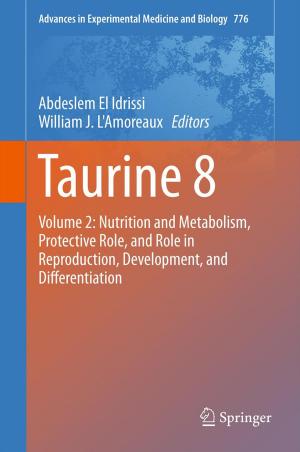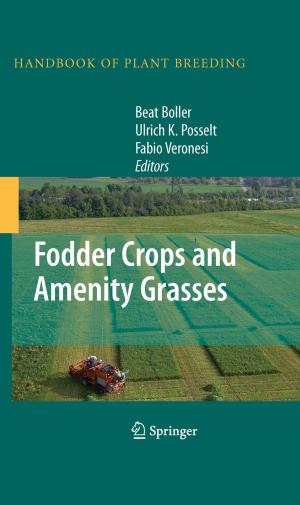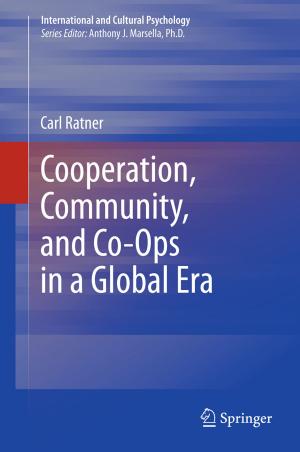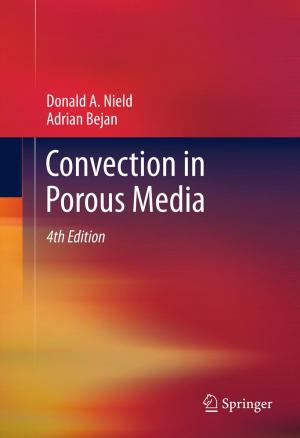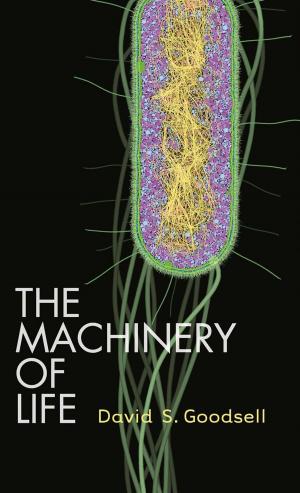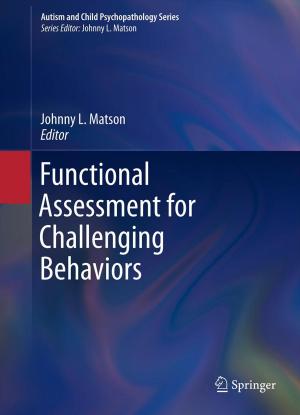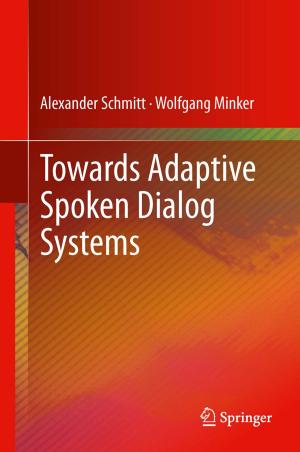Computational Fluid Dynamics Applications in Food Processing
Nonfiction, Science & Nature, Technology, Engineering, Chemical & Biochemical, Food Industry & Science| Author: | C. Anandharamakrishnan | ISBN: | 9781461479901 |
| Publisher: | Springer New York | Publication: | August 13, 2013 |
| Imprint: | Springer | Language: | English |
| Author: | C. Anandharamakrishnan |
| ISBN: | 9781461479901 |
| Publisher: | Springer New York |
| Publication: | August 13, 2013 |
| Imprint: | Springer |
| Language: | English |
Computational Fluid Dynamics (CFD) has been applied extensively to great benefit in the food processing sector. Its numerous applications include: predicting the gas flow pattern and particle histories, such as temperature, velocity, residence time, and impact position during spray drying; modeling of ovens to provide information about temperature and airflow pattern throughout the baking chamber to enhance heat transfer and in turn final product quality; designing hybrid heating ovens, such as microwave-infrared, infrared-electrical or microwave-electrical ovens for rapid baking; model the dynamics of gastrointestinal contents during digestion based on the motor response of the GI tract and the physicochemical properties of luminal contents; retort processing of canned solid and liquid foods for understanding and optimization of the heat transfer processes. This Brief will recapitulate the various applications of CFD modeling, discuss the recent developments in this field, and identify the strengths and weaknesses of CFD when applied in the food industry.
Computational Fluid Dynamics (CFD) has been applied extensively to great benefit in the food processing sector. Its numerous applications include: predicting the gas flow pattern and particle histories, such as temperature, velocity, residence time, and impact position during spray drying; modeling of ovens to provide information about temperature and airflow pattern throughout the baking chamber to enhance heat transfer and in turn final product quality; designing hybrid heating ovens, such as microwave-infrared, infrared-electrical or microwave-electrical ovens for rapid baking; model the dynamics of gastrointestinal contents during digestion based on the motor response of the GI tract and the physicochemical properties of luminal contents; retort processing of canned solid and liquid foods for understanding and optimization of the heat transfer processes. This Brief will recapitulate the various applications of CFD modeling, discuss the recent developments in this field, and identify the strengths and weaknesses of CFD when applied in the food industry.

